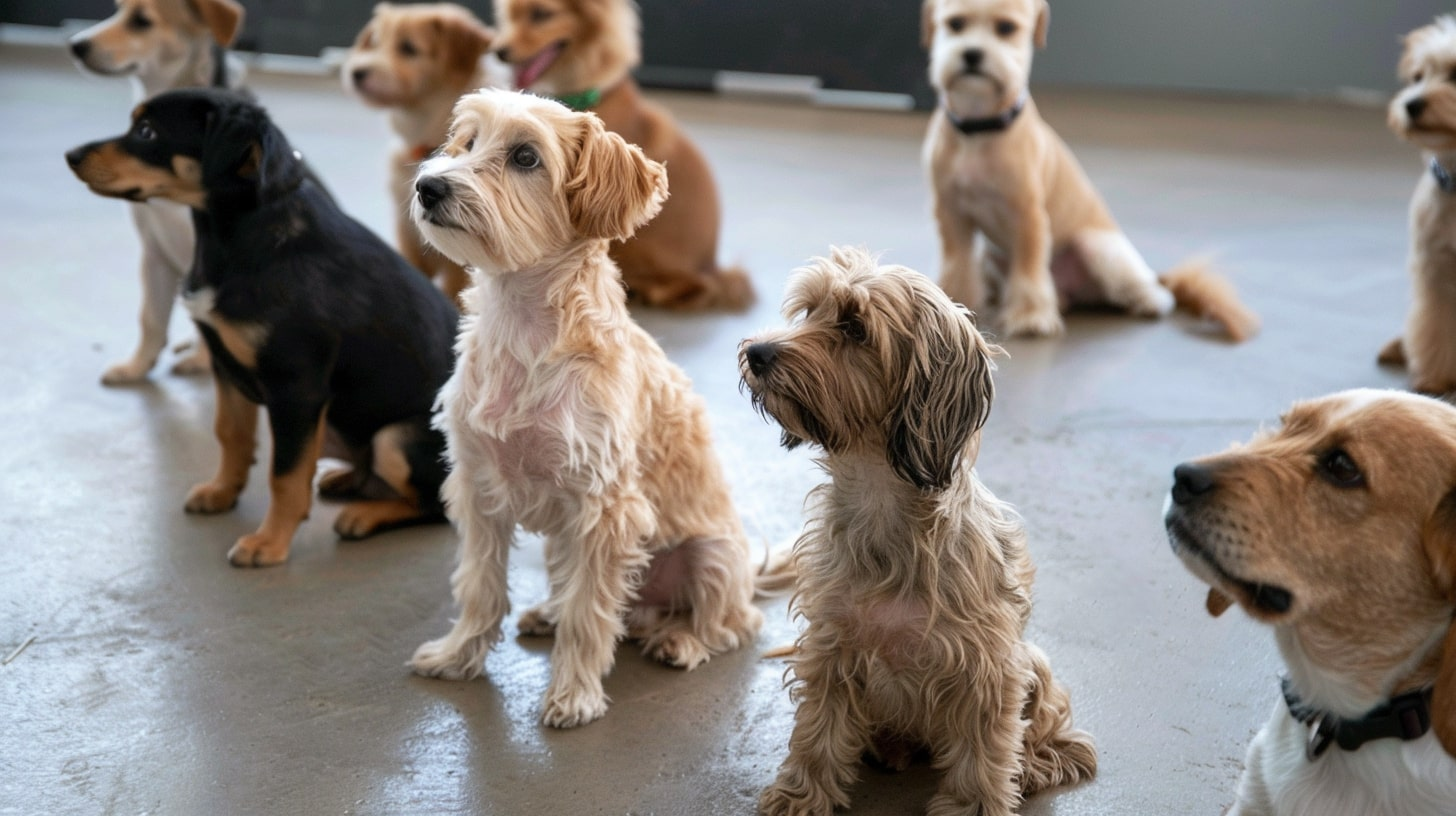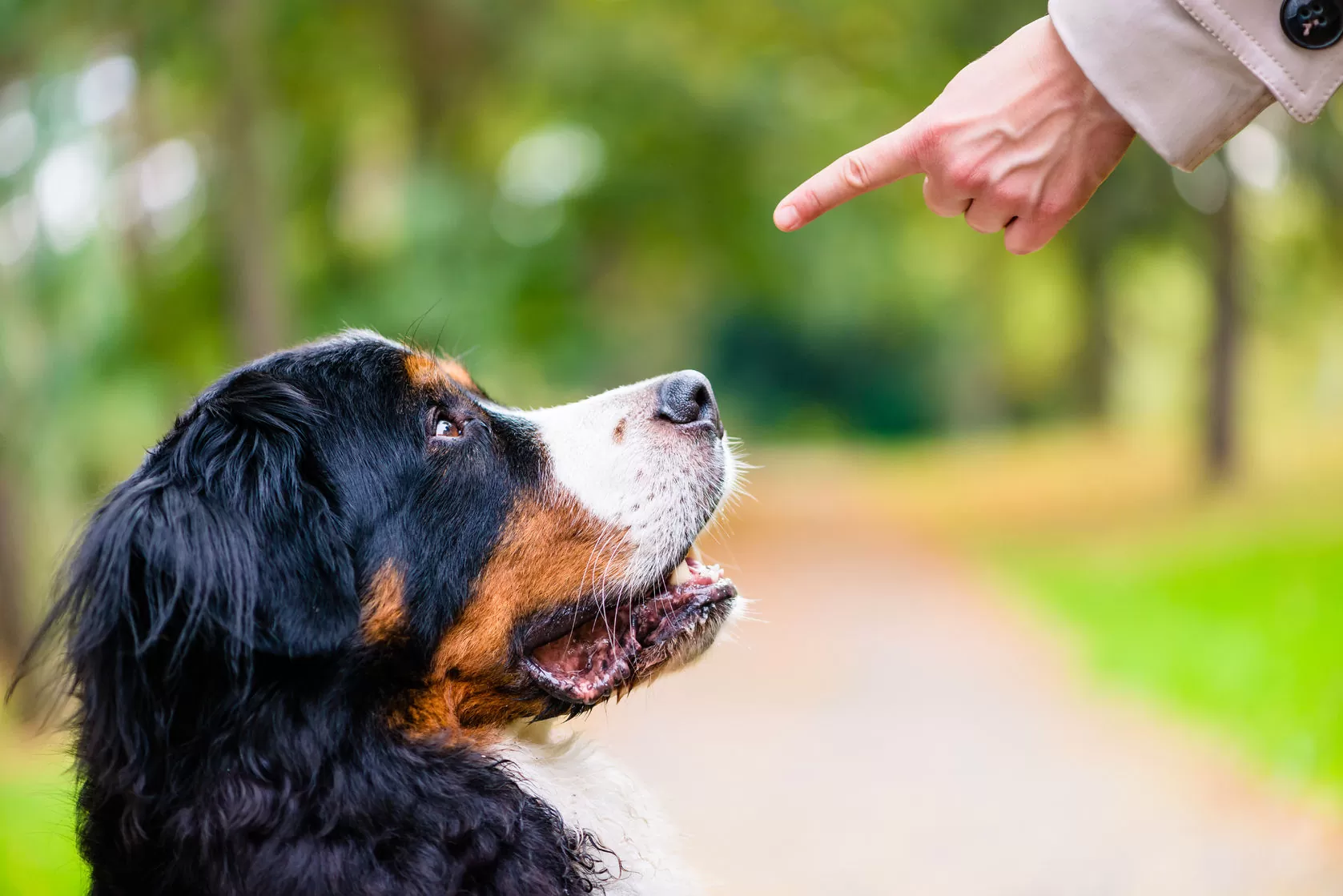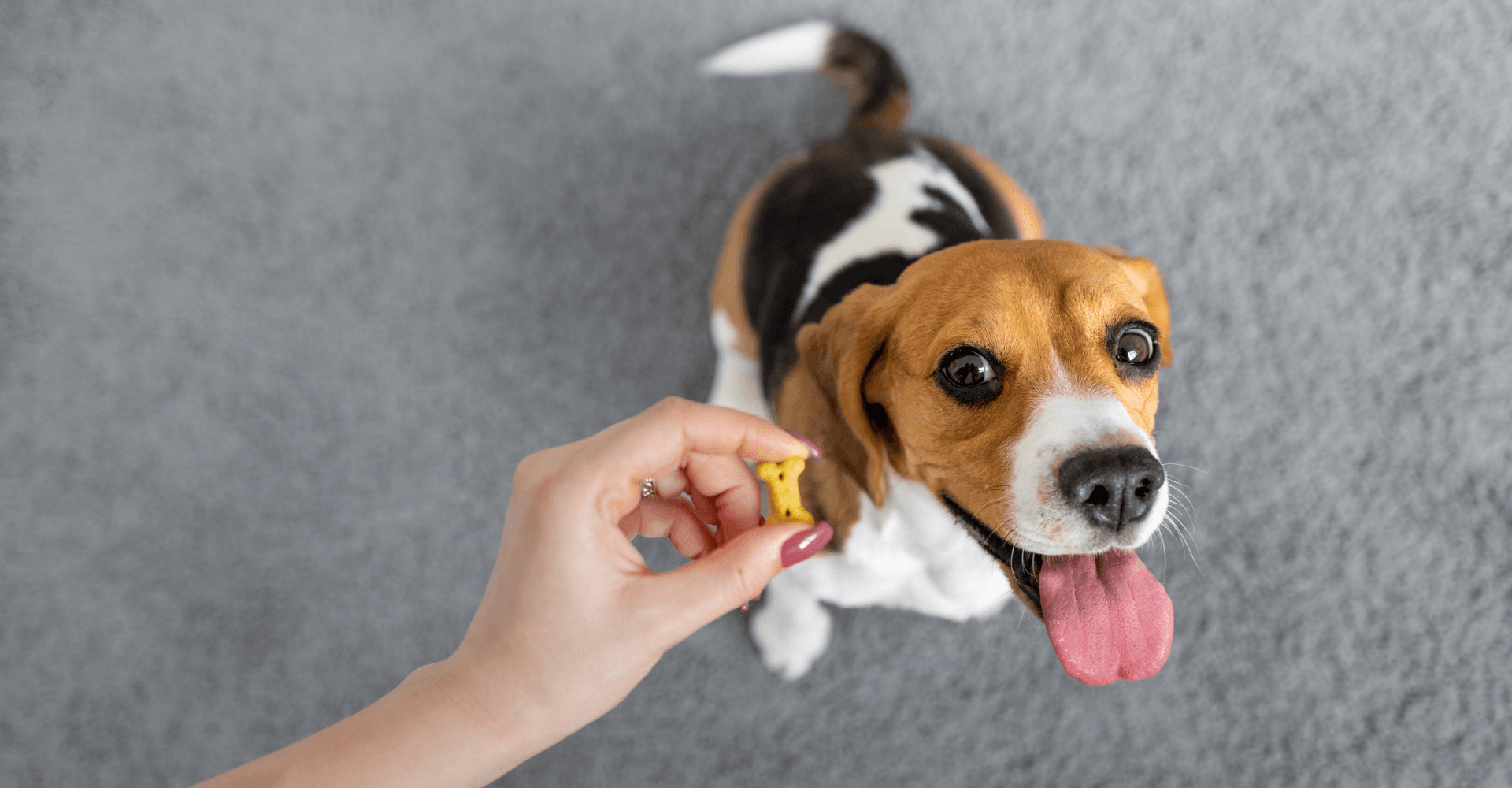
Unleash Your Pet's Potential: Proven Techniques for Effective Dog Training
Discover the secrets to transforming your canine companion into a well-behaved, obedient pet. Our ex...


Raising a puppy can be a rewarding yet challenging journey. Our comprehensive guide covers the crucial first steps to instill good habits and set your new furry friend up for long-term success.
Getting a new puppy is exciting, but it can also be overwhelming. As someone who's been training dogs for over fifteen years here in Canada, I've seen too many well-intentioned owners make mistakes that could have been avoided with proper planning. The first few months with your puppy are absolutely crucial - what you do during this time will shape your dog's behavior for life.
Many Canadian pet owners underestimate how much work goes into raising a well-behaved dog. Our harsh winters and diverse urban environments present unique challenges that require specific training approaches. Whether you're dealing with a Labrador in Toronto or a Husky in Edmonton, the fundamentals remain the same - consistency, patience, and the right techniques applied at the right time.
This guide covers everything you need to know about laying a solid foundation for your puppy's training. We'll look at house training strategies that work in Canadian climates, socialization techniques for our multicultural communities, and basic obedience commands that every dog should master. The goal isn't just to stop bad behaviors - it's to build a strong relationship based on trust and clear communication.
Remember, training isn't something you do to your dog - it's something you do with your dog. The techniques I'll share have been tested in real Canadian homes, from small Toronto condos to rural Saskatchewan farms. Let's start building that foundation.
House training is probably the biggest concern for new puppy owners, and Canadian weather makes it particularly challenging. When it's -30°C outside in Winnipeg, taking your 8-week-old puppy out every two hours isn't just uncomfortable - it can be dangerous. You need strategies that work year-round.
The key is establishing a routine that your puppy can follow regardless of weather conditions. I recommend starting with indoor training pads during the worst winter months, but only as a temporary measure. Place the pads near the door you'll eventually use for outdoor trips. This helps your puppy associate that area with bathroom activities.
During harsh Canadian winters, you need to be creative about outdoor time. Clear a small area near your door where your puppy can relieve themselves quickly. Keep the path short and well-maintained. Many of my clients in Calgary and Montreal use this approach successfully.
Consider getting your puppy a winter coat or booties if they're a smaller breed or have short fur. Breeds like Chihuahuas and Whippets struggle in Canadian winters, and if they're uncomfortable outside, they'll rush through their business or refuse to go altogether. This leads to accidents inside.
The timing of outdoor trips is critical. Puppies typically need to go out immediately after waking up, within 15 minutes of eating, after playing, and every 2-3 hours during the day. Set alarms on your phone if necessary. Consistency is more important than convenience during the first few months.
When accidents happen - and they will - clean them up thoroughly with an enzymatic cleaner. Regular household cleaners won't eliminate the scent markers that draw puppies back to the same spot. Never punish your puppy for accidents. Instead, supervise more closely and adjust your schedule to prevent future incidents.
Proper socialization is even more important in Canada's diverse communities. Your puppy needs to be comfortable around people of all backgrounds, ages, and appearances. They also need to handle our unique seasonal changes and urban environments.
The critical socialization period ends around 14-16 weeks of age, which means you're working against the clock. In cities like Vancouver or Halifax, this means exposing your puppy to street cars, buses, construction noise, crowds, and various weather conditions while they're still young and adaptable.
Many Canadian veterinarians recommend keeping puppies inside until they're fully vaccinated, but this can conflict with critical socialization needs. The solution is controlled exposure. Carry your puppy to busy areas like shopping centers or parks where they can see and hear new things without touching contaminated surfaces.
Invite friends and neighbors over to meet your puppy. Make sure these visitors include children, seniors, and people wearing different types of clothing. In Canada's multicultural cities, this exposure is particularly valuable. Your puppy should be comfortable with people wearing head coverings, using mobility aids, or speaking different languages.
Car rides are essential socialization experiences. Many Canadian families take road trips, and you want your dog to be a good travel companion. Start with short trips around the neighborhood and gradually increase the duration. Always use proper car restraints for safety.
Canadian puppies need to adapt to dramatic seasonal changes. Introduce them to snow gradually if they're born in warmer months. Let them investigate ice, rain gear, and seasonal decorations. The goal is preventing fear-based reactions later. A dog that's afraid of snow in Saskatchewan is going to have a miserable winter.
Every Canadian dog should master five basic commands: sit, stay, come, down, and leave it. These aren't just party tricks - they're safety essentials. A reliable recall command could save your dog's life if they get loose near traffic or wildlife.
Start training these commands immediately, but keep sessions short. Puppies have limited attention spans - 5-10 minutes is plenty for young dogs. Train before meals when your puppy is hungry and motivated by food rewards.
"Sit" is usually the easiest command to teach. Hold a treat above your puppy's head and slowly move it back over their skull. Most puppies will naturally sit to keep watching the treat. The moment their bottom touches the ground, say "sit," give the treat, and praise enthusiastically.
Once your puppy reliably sits on command, introduce "stay." Start with very short durations - just one or two seconds. Gradually increase the time and distance. This command is particularly useful in Canadian homes where you need your dog to stay put while you're putting on winter boots or dealing with deliveries.
Teaching a reliable "come" command requires patience and positive associations. Never call your puppy to come and then do something they dislike, such as ending playtime or giving medication. The "come" command should always result in something good happening.
Practice recall in safe, enclosed areas first. Many Canadian communities have off-leash dog parks where you can work on this skill. Start close to your puppy and gradually increase distance. Use high-value treats and make yourself more interesting than whatever else is going on around you.
Puppy behavioral problems are normal, but they need to be addressed quickly before they become ingrained habits. The most common issues I see in Canadian homes are excessive barking, jumping on people, and destructive chewing.
Prevention is always easier than correction. Set your puppy up for success by managing their environment and providing appropriate outlets for natural behaviors. A tired puppy is a good puppy - make sure they're getting enough physical exercise and mental stimulation.
Barking is particularly problematic in Canadian apartment buildings and close-knit neighborhoods. First, identify why your puppy is barking. Are they bored, anxious, alerting you to something, or seeking attention? The solution depends on the underlying cause.
For attention-seeking barking, ignore the behavior completely. Don't look at, touch, or speak to your puppy when they bark for attention. The moment they stop barking, reward them with praise and attention. This teaches them that quiet behavior gets results, not barking.
Puppies chew to relieve teething pain, explore their environment, and burn energy. Provide appropriate chew toys and rotate them regularly to maintain interest. Kong toys stuffed with treats or frozen peanut butter work well for keeping puppies occupied during Canadian winters when outdoor time is limited.
Puppy-proof your home by removing or protecting items you don't want chewed. Use bitter apple spray on furniture legs and electrical cords. If you catch your puppy chewing something inappropriate, redirect them to an appropriate toy rather than just saying "no."
Training doesn't end when your puppy masters basic commands. Successful dog ownership requires ongoing reinforcement and continued learning throughout your dog's life. The habits you establish during the puppy phase will serve as the foundation for everything that comes later.
Consider enrolling in puppy socialization classes offered by many Canadian pet stores and training facilities. These classes provide controlled environments where your puppy can interact with other dogs and people while learning basic skills. The Canadian Kennel Club maintains a directory of certified trainers across the country.
Remember that every puppy develops at their own pace. Some breeds mature faster than others, and individual personalities play a significant role in training success. Stay patient, stay consistent, and celebrate small victories along the way. The investment you make in training during the first year will pay dividends for the next decade or more.
Building a strong foundation with your puppy isn't just about preventing problems - it's about creating a partnership that will enrich both of your lives. With the right approach, patience, and consistency, you'll have a well-behaved companion who's ready to handle whatever Canadian life throws their way.
json
Discover the secrets to transforming your canine companion into a well-behaved, obedient pet. Our ex...

Contrary to popular belief, cats can be trained! Learn the insider techniques to teach your feline f...